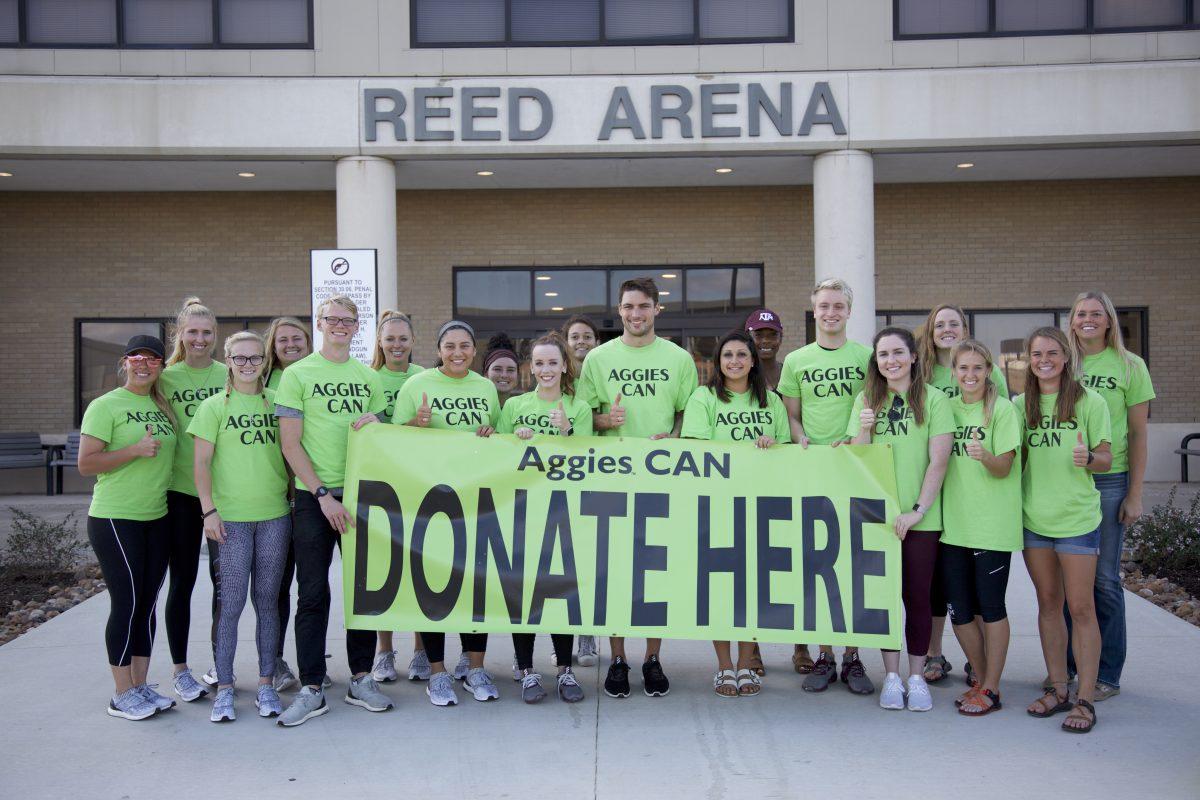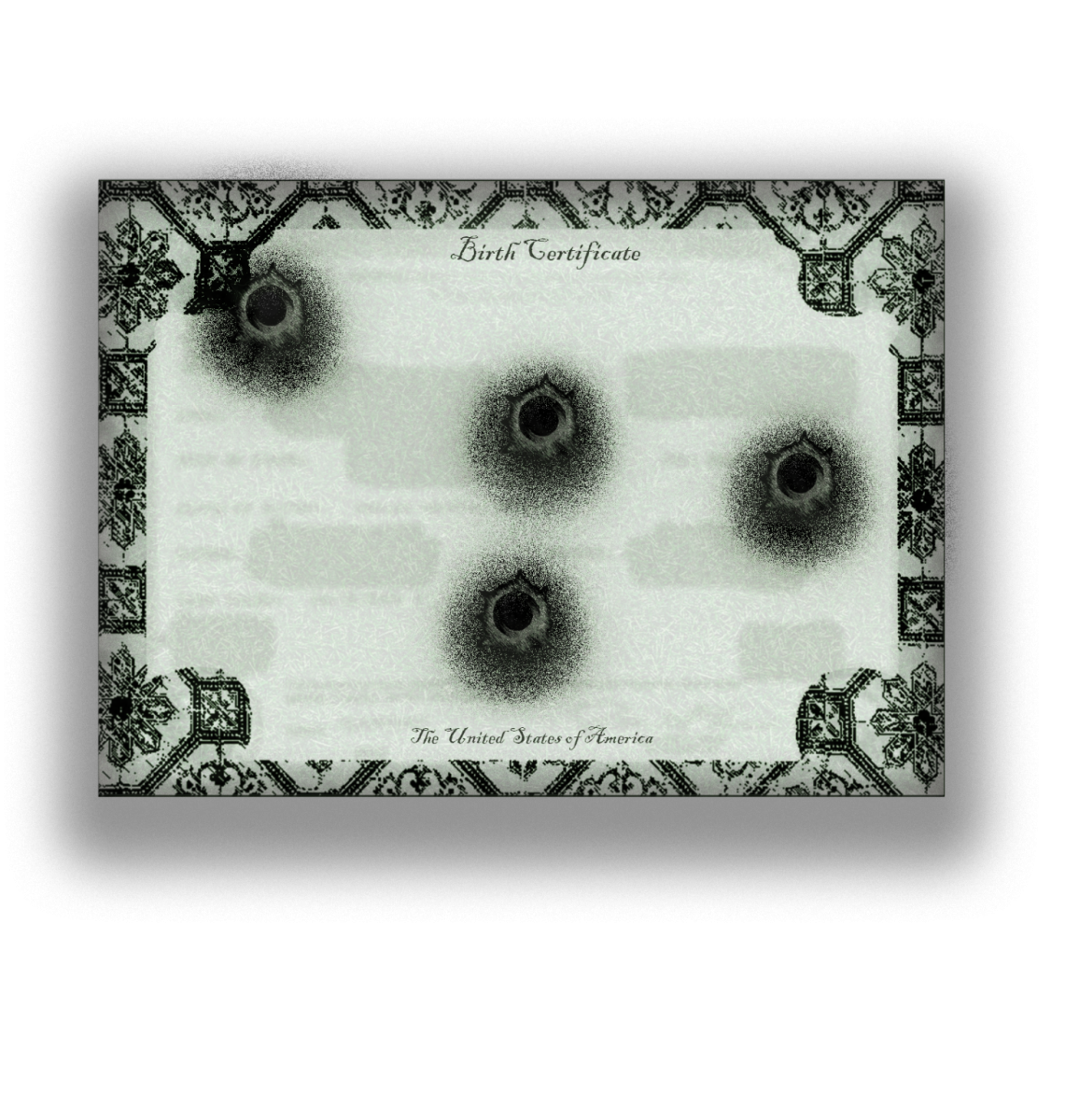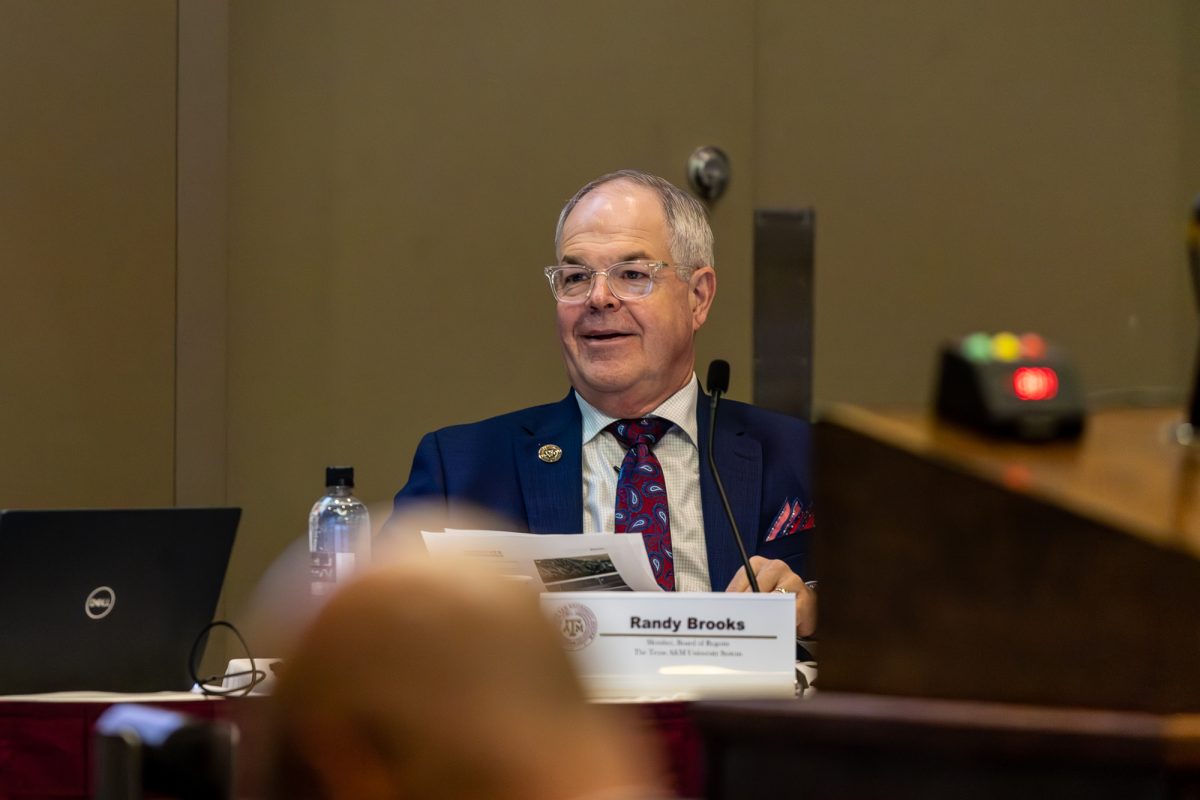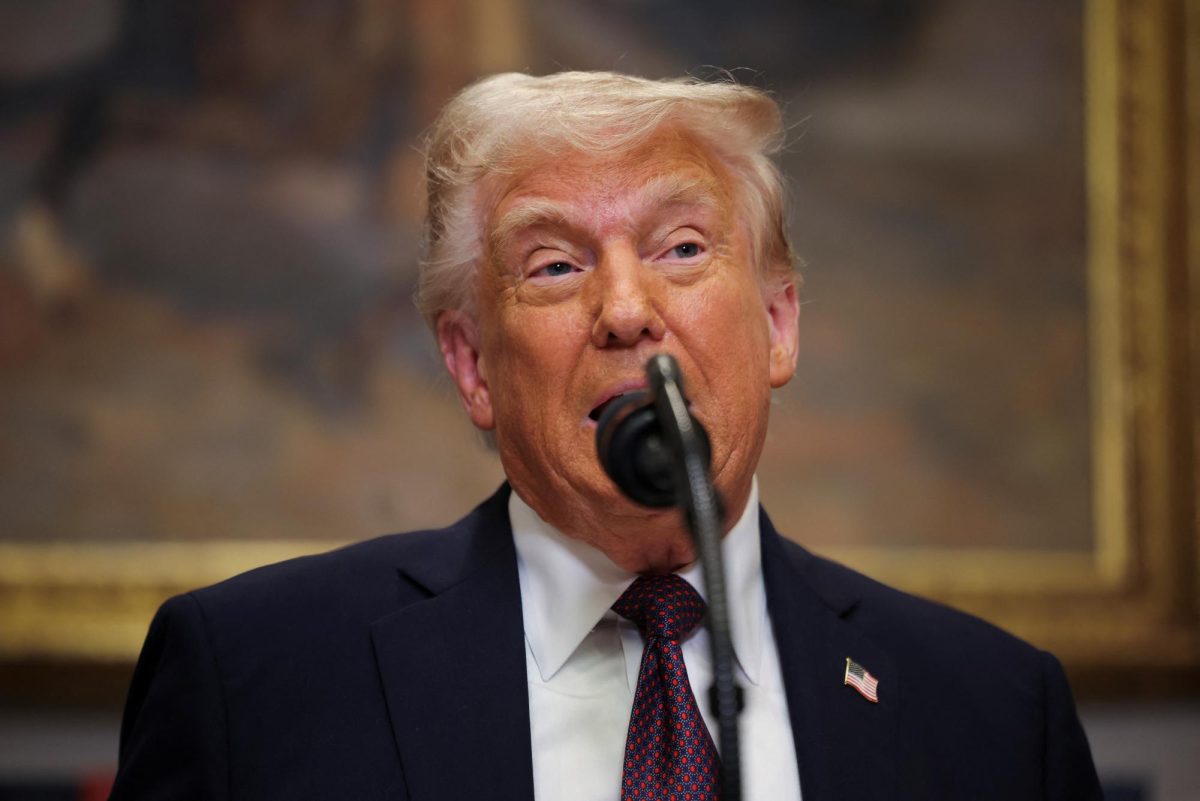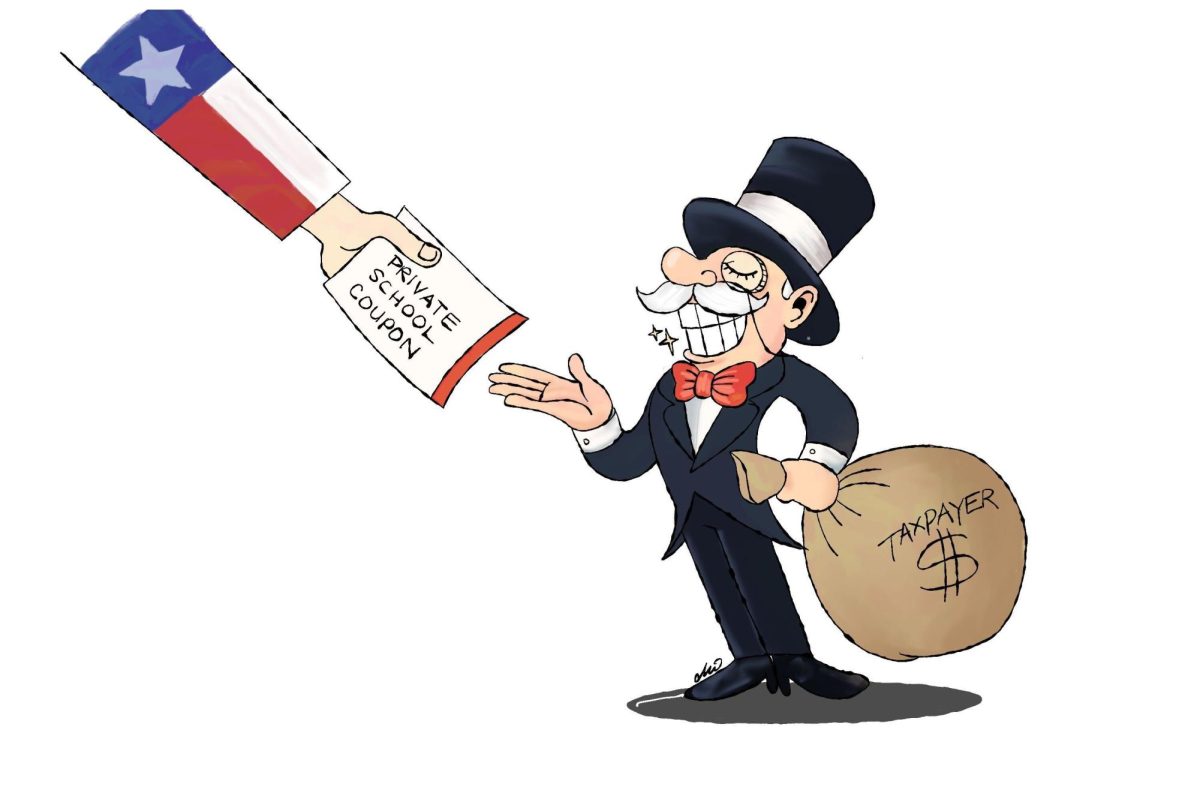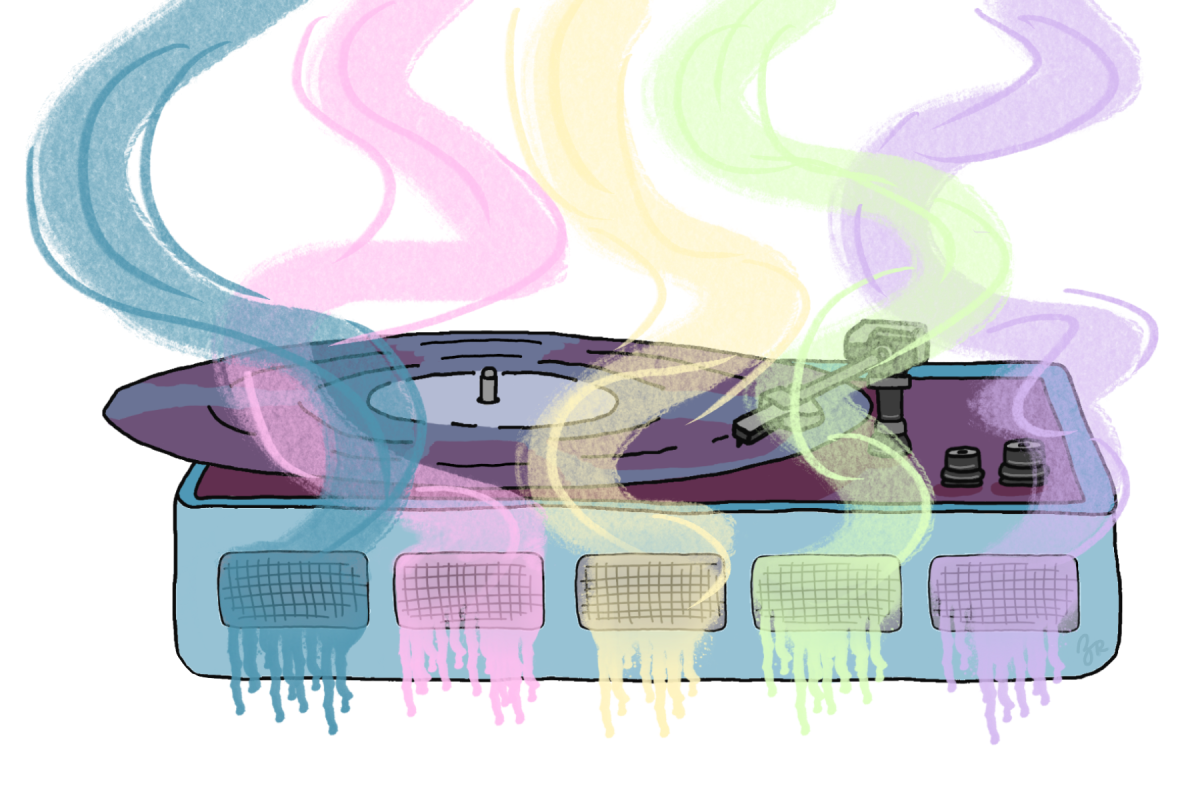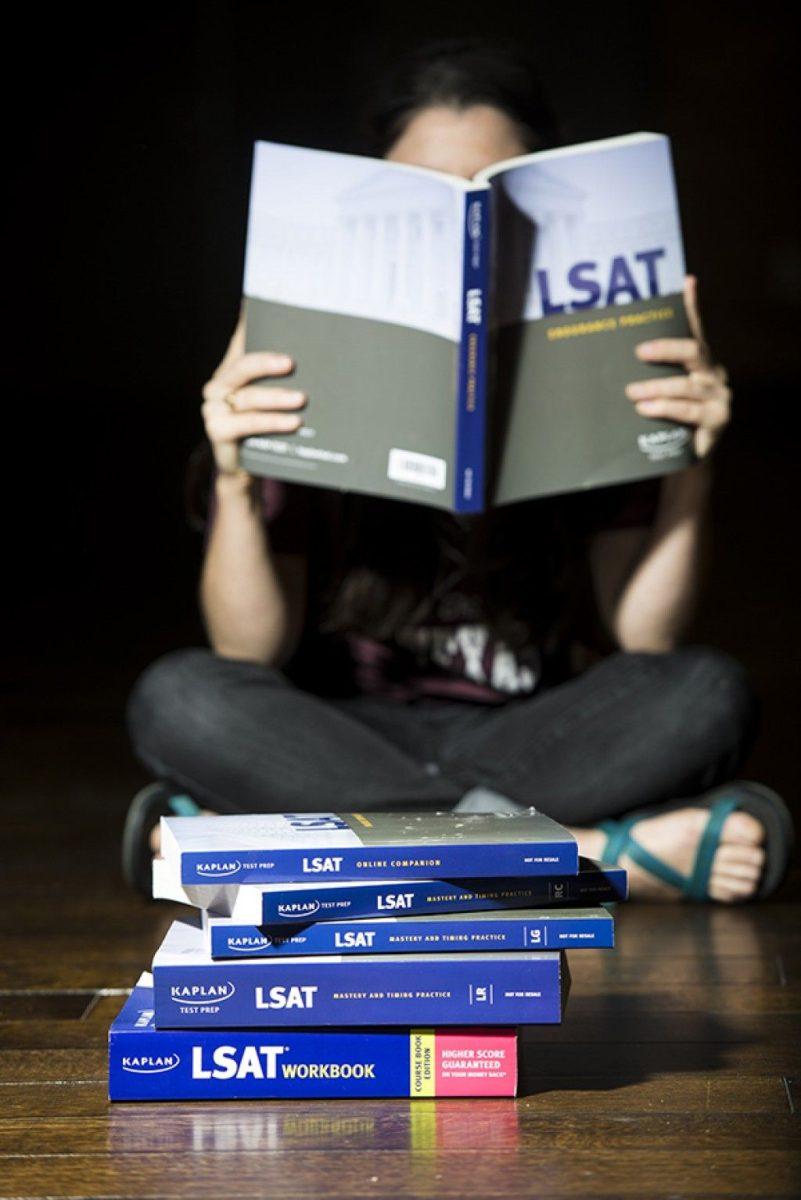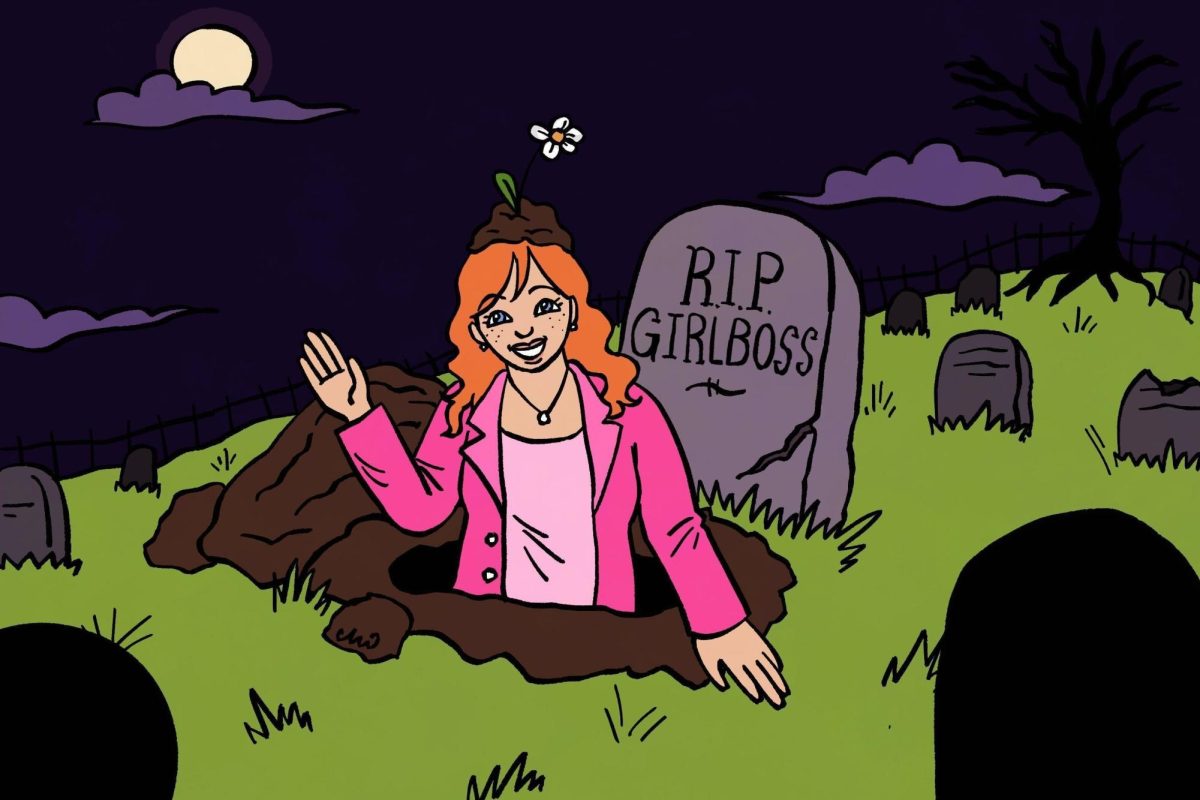More than a third of Americans, including 61% of young adults, report feeling “serious loneliness,” according to a Harvard study in Feb. 2021. Other research shows the number of close friends Americans have has fallen drastically over the past few decades. Even more crushing than these statistics? No one should be suprised by any of them.
The things that have traditionally given people a sense of meaning and belonging are slowly disappearing. Church attendance continues to decrease. Marriage rates are declining. Confidence in our shared institutions, such as schools, government, police and media, is at a new low. Even trust in our neighbors has dropped considerably in comparison to 50 years ago.
If one thing is for sure: our culture is in pain, and our social fabric is not what it once was. The space once filled by religious and civic engagement is being replaced by the false god of politics — a zeal that is neither healthy nor the solution to what ails our country.
Take a look at the effects of our political polarization. Members of opposite political parties see each other as being not only wrong on policy but morally inferior. Over the years, our politics has become more personal and extreme, resulting in a partisan divide that destroys friendships and fractures communities.
Don’t get me wrong. There is nothing inherently wrong with caring about politics. Society should pursue justice, and one of the ways it can do that is through policy that furthers human flourishing. However, the limits of politics should also be acknowledged.
Politics isn’t going to give you a sense of meaning or self-worth. It isn’t going to bring your family closer together. It won’t save your marriage. And except for maybe on the margins, it isn’t going to significantly help the people near you who are struggling the most.
Politics is limited because government is limited. What can the government do to make someone less lonely? What can the government do to bring a community together? There are no wise “philosopher kings” that, if given enough power, can cure a country plagued by partisan animosity.
The truth is, the most impactful things you can do are the things you do in relation to the people closest to you: friends, family and community. It’s the one area of life where your efforts are calibrated to their impact, unlike the vast world of politics, where one person’s actions only have a minuscule effect. No matter how many angry tweets you write, you only have one vote.
Yet despite the obvious limits of the results of our political engagement, we continue to obsess over which official said what, who’s ahead in the polls or what some pundit did on the news. And while it’s not wrong to be an informed citizen, it does come to a point where the ratio of energy spent on politics versus everything else can become lopsided.
Think of it like this. You can spend all day passing out candidate flyers or writing lengthy social media posts about why one politician is better than the other. But when all is said and done, the people near you will impact you the most. If you need proof, ask yourself who plays a more prominent role in your life, your mom or your congressman?
For most of America’s history, society subconsciously understood the importance of locality. In 1835, French philosopher Alexis de Tocqueville, in his book “Democracy in America” wrote:
“Americans of all ages, all conditions, all minds constantly unite. Not only do they have commercial and industrial associations in which all take part, but they also have a thousand other kinds: religious, moral, grave, futile, very general and very particular, immense and very small.”
Whether it be through churches, local clubs, volunteering or civic engagement, it’s in these “associations” where people find meaning and build lasting relationships. They provide a source of common direction — a unitary goal that each person collectively strives toward.
Take The 12th Can, a student-run food bank on campus, for example. It has a clear objective that all its members work towards and provides a valuable service that’s undoubtedly more consequential than spending the day putting up Abbott or Beto yard signs.
Since my conversion to Catholicism, I have experienced the powerful feeling of belonging to something greater. The church is part of a story — the story of hope. It’s a family of imperfect believers, all struggling toward the same goal. You are not alone. Politics starts to seem weak and inconsequential compared to Christ’s demand to “take up your cross and follow me.”
In a country plagued by partisan animosity and the slow death of institutions, it will take more than electing the right politician to fix it. There is not a single clever policy proposal that can cure our hurting nation.
If we genuinely want to improve our communities, we must start by doing the little things first. Shifting the focus away from the infuriating things you can’t control to the people you can help and the institutions you can build. Whether it’s depression, loneliness or a sense of meaninglessness, countless suffer from wounds politics can’t heal.
Perhaps a good place to start is to consider every friendship, every family and every part of our community as being indispensable to the larger American story. If our republic fails, we have only ourselves to blame.
Ryan Lindner is a political science sophomore and opinion writer for The Battalion.
Opinion: The limits of politics
November 9, 2022
Photo by Photo by Hanna Hausman
Aggies CAN is the largest student-athlete run canned food drive in the nation.
0
Donate to The Battalion
$1965
$5000
Contributed
Our Goal
Your donation will support the student journalists of Texas A&M University - College Station. Your contribution will allow us to purchase equipment and cover our annual website hosting costs, in addition to paying freelance staffers for their work, travel costs for coverage and more!
More to Discover




